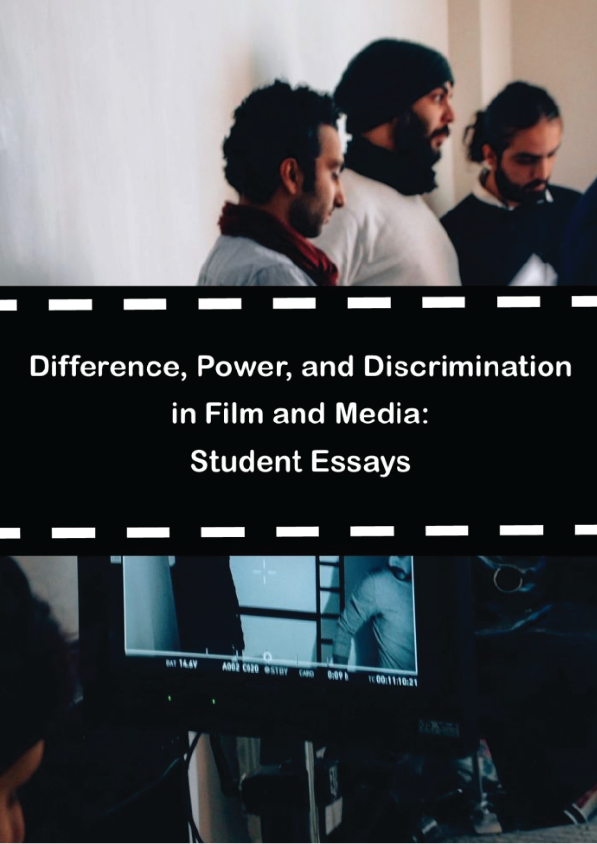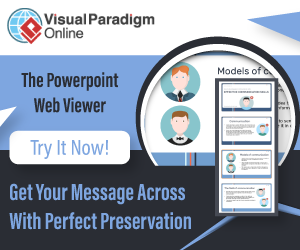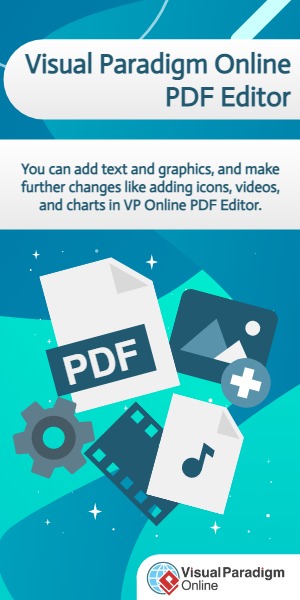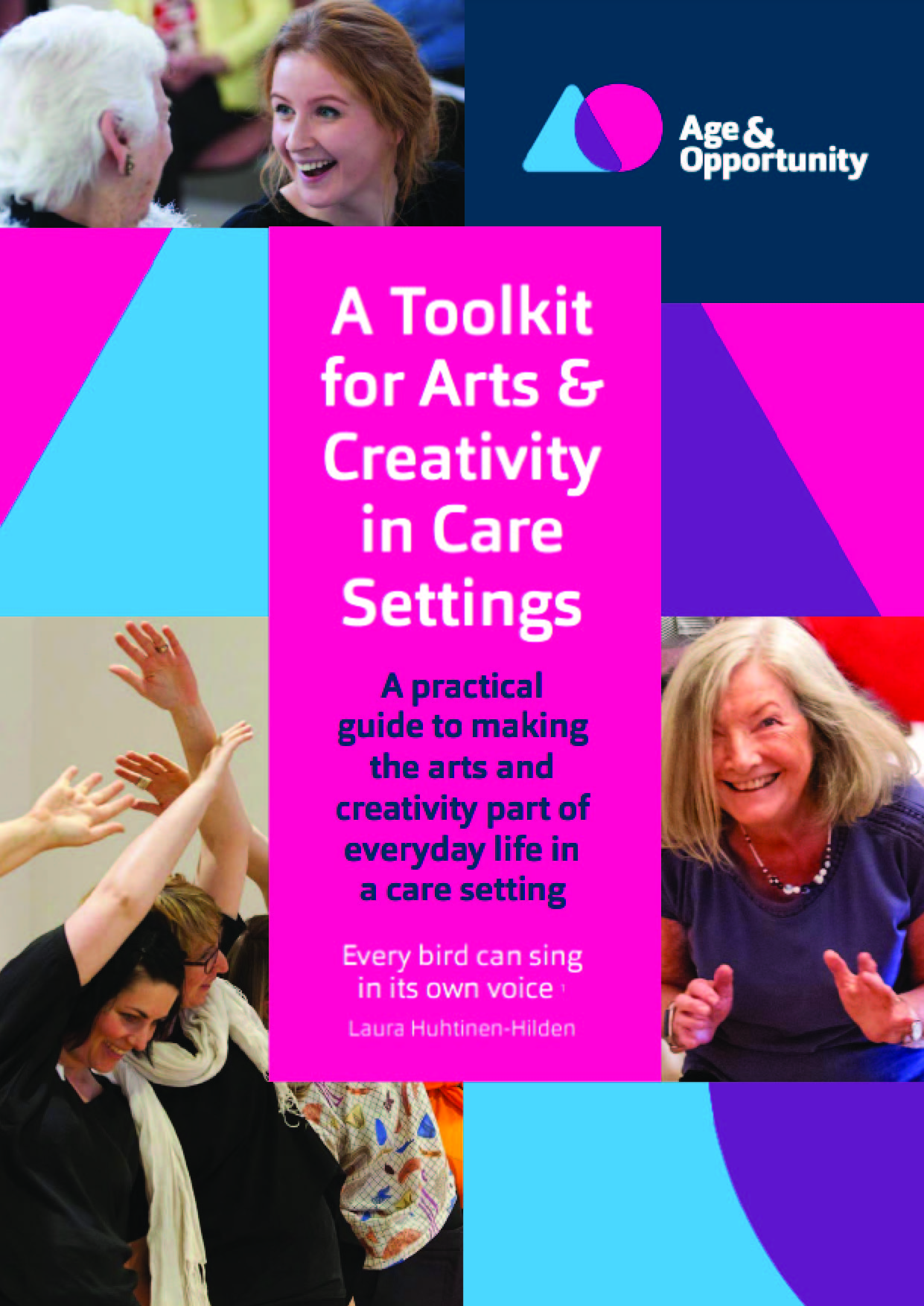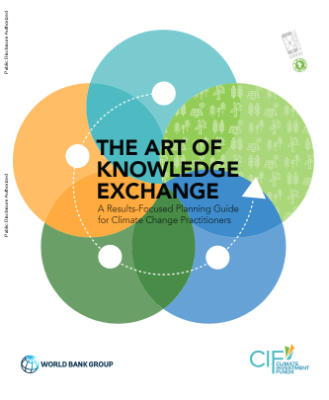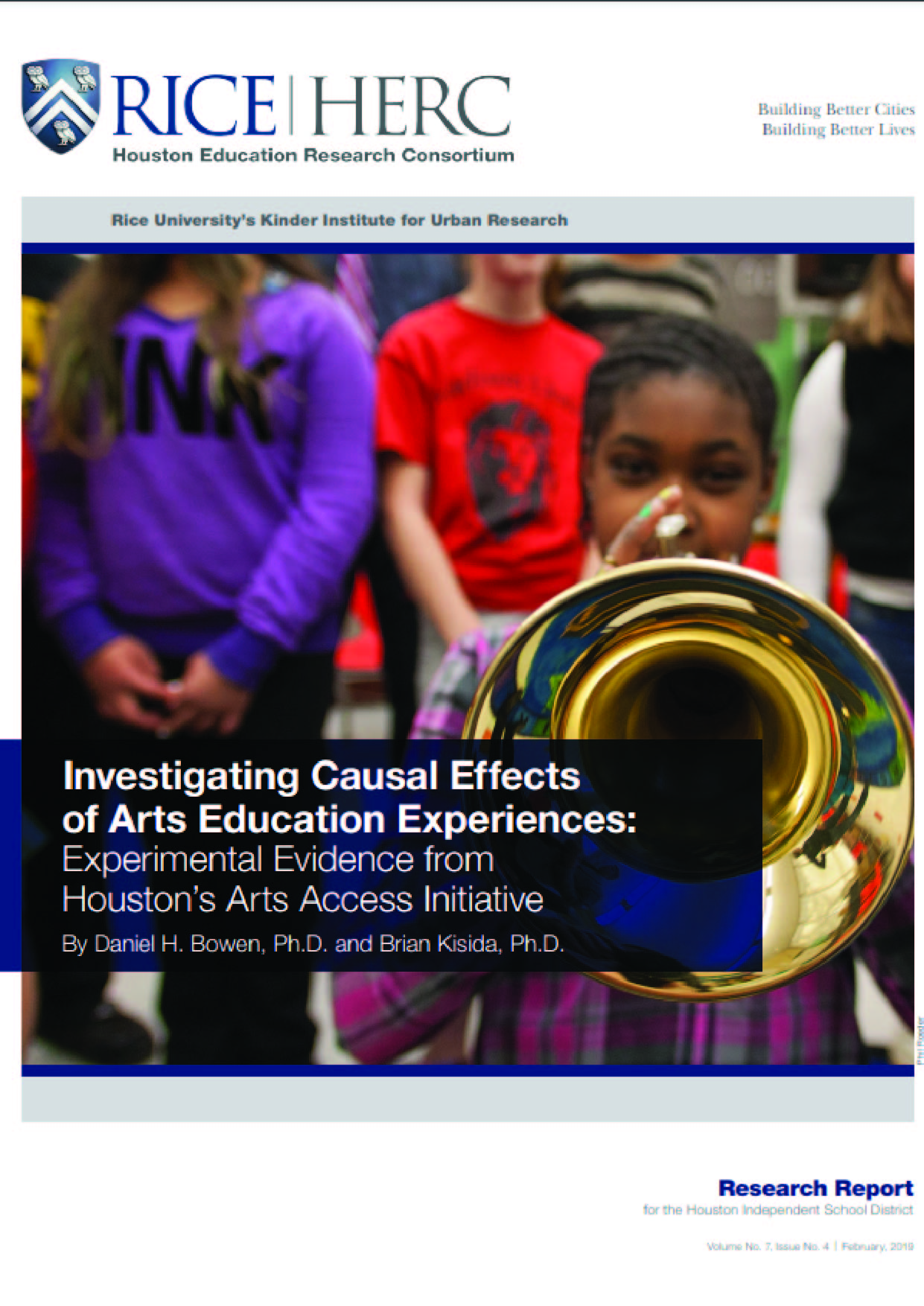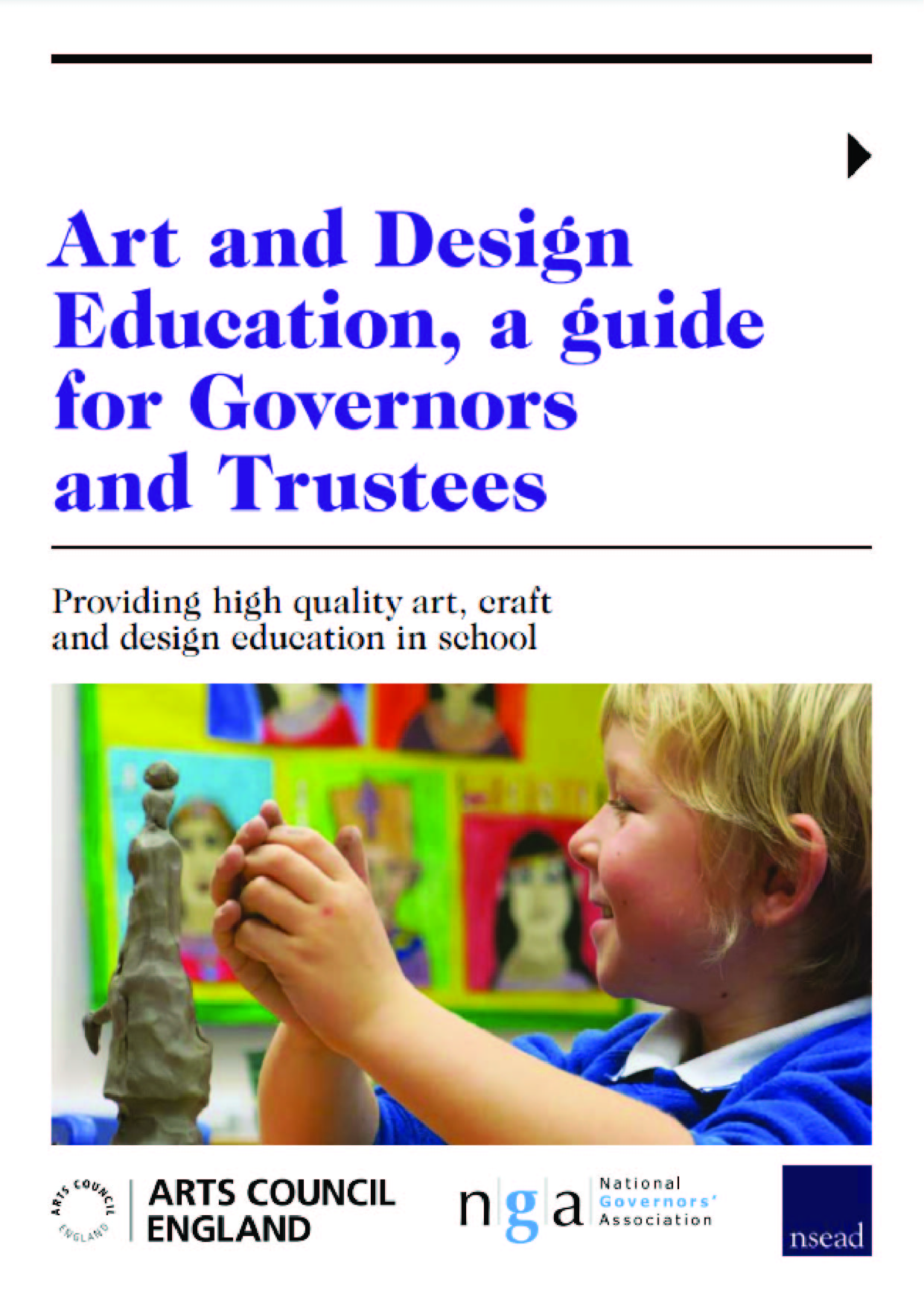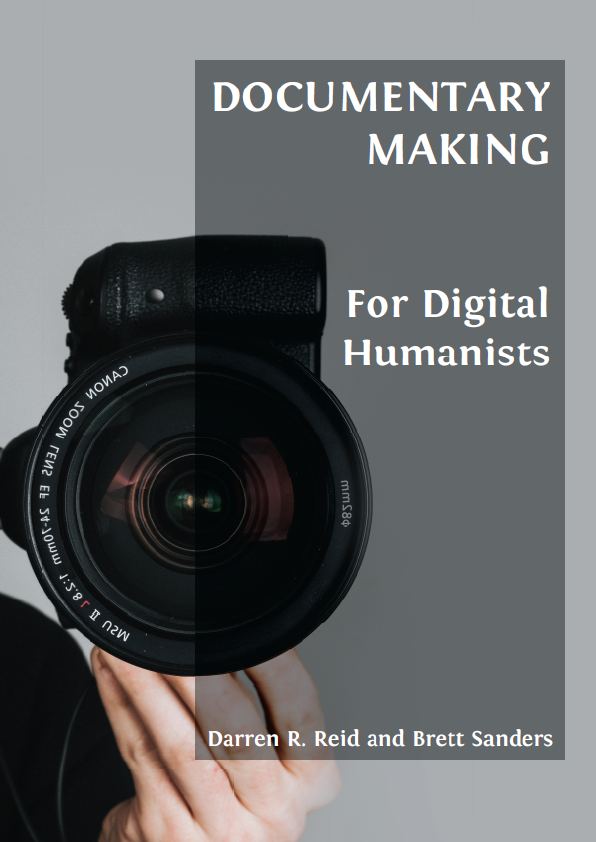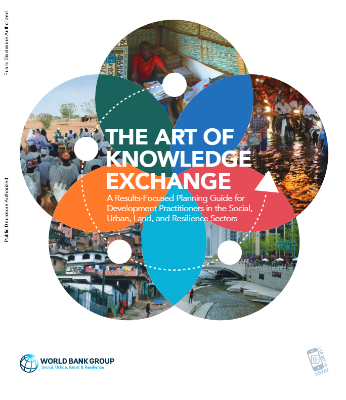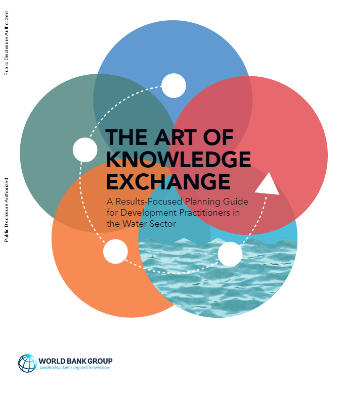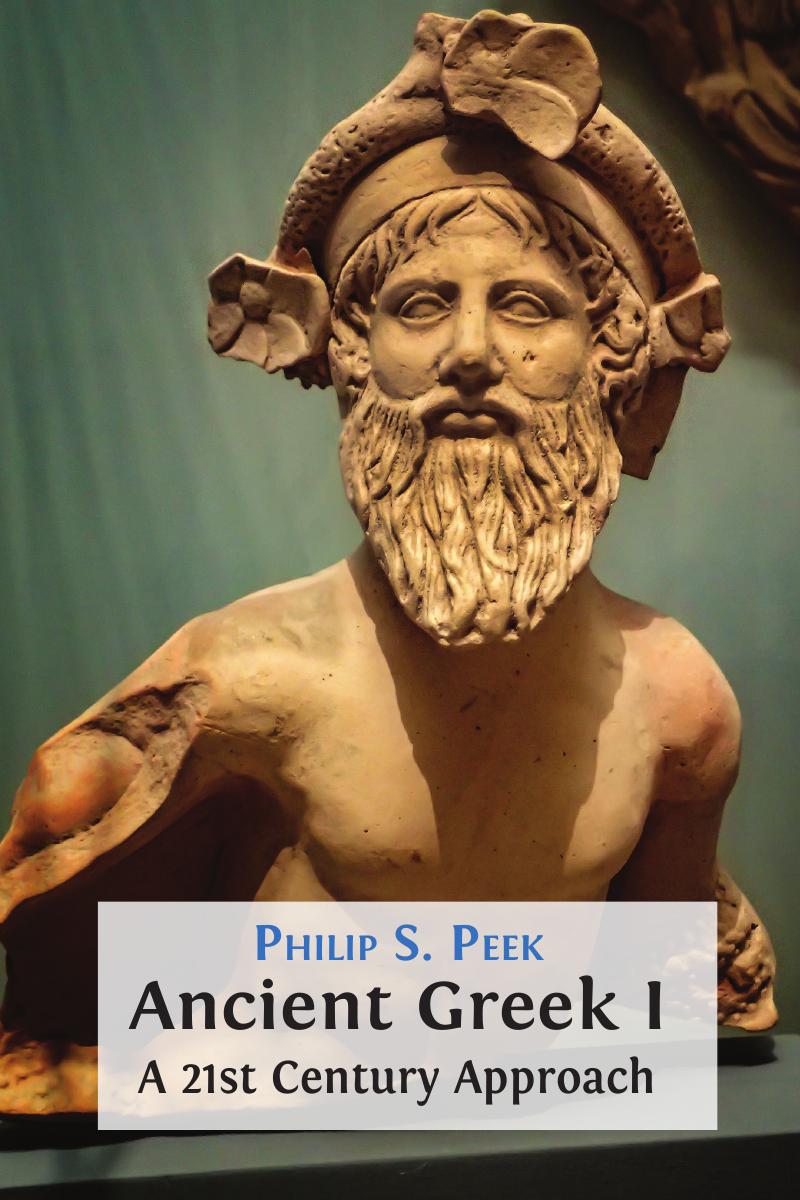This project began as an exploration of open pedagogy in the course ENG 223: Difference, Power, and Discrimination. My goal has been to develop inclusive, research-led course activities to welcome students into the field of cinema and media studies and model the values of the DPD program. This project invites students to share their voice on the issues facing our country by publishing their final essays in an open-source publication intended primarily for young adults and teenagers to build a generational conversation about the role cinema and media play in representing the lives and perspectives of all Americans. The authors hope you will read and share their work with students to inspire frank and open-eyed conversation about issues of race, gender, class, ability, and sexuality in American – and how those issues are represented and misrepresented by film and television.
The chapters are organized chronologically, which reflects the historical approach taken by our course textbook American on Film: Representing, Race, Class, Gender, and Sexuality at the Movies, 2nd Edition (2011) by Harry Benshoff and Sean Griffin. The chronological organization also demonstrates the results when students are invited to select any film or television show of their choice to write about for the project. Without constraints, students are generally interested in analyzing the shows and films they encounter in their personal viewing. To eliminate textbook costs from the course, students accessed the textbook as a free eBook via their school library accounts or accessed a physical copy from the library reserve dests or bookstore. This project is published on Pressbooks under a Creative Commons license to encourage sharing and inspire more teachers to share their student’s voices with the work and contribute meaningful academic scholarship to the college community.
LBCC Faculty Innovator grant funds supported the time I needed to develop the essay guidelines, learn Pressbooks, format and edit the work for publication, and work with librarians Richenda Hawkins and Micheala Willi Hooper to develop a Library Research Page for the Project and Creative Commons tutorial and handout (see below). I also participated in professional development training, a DPD faculty cohort, and Faculty Innovator Workshops and reviewed several textbooks for the Open Textbook Library to become better acquainted with the field of open educational resources. The campus Writing Center tutors, thanks to the efforts of director Chessie Alberti, agreed to support required visits by each student to receive universal and sentence-level feedback on their writing before submitting final drafts. Liz Pearce, Family & Human Services instructor, provided additional mentorship inspiration, particularly through her OER textbook co-authored with her students, Contemporary Families: An Equity Lens (2020). Matt Usner created the course and continues to mentor me as he teaches his own sections and I am deeply grateful for his trust in my teaching and support for our students. I consider this project a success, particularly given the newness of this kind of open pedagogy and creative commons publishing, the rigor of the course, the sensitivity of the subject matter, and our move to online learning during the Covid-19 pandemic.
